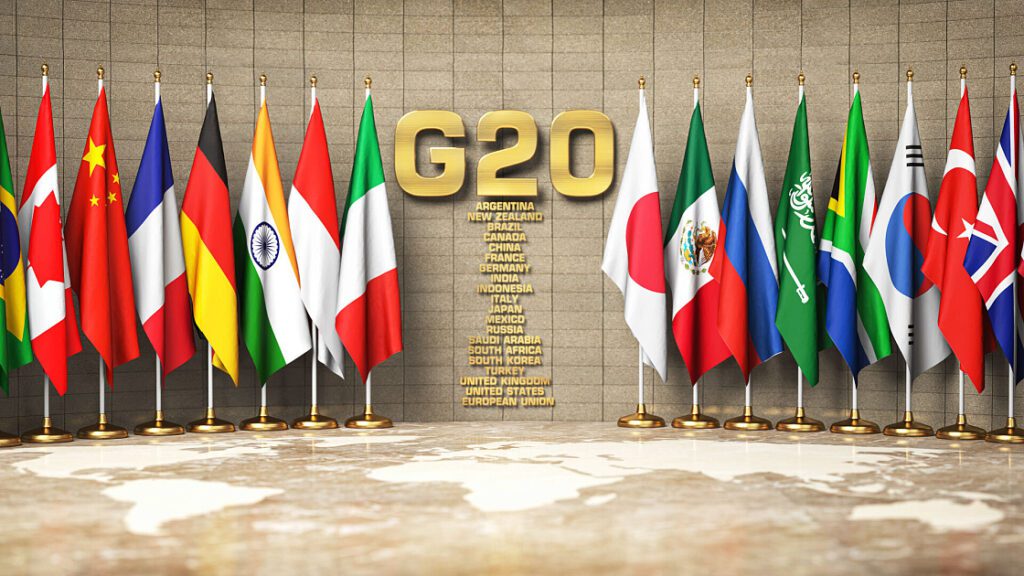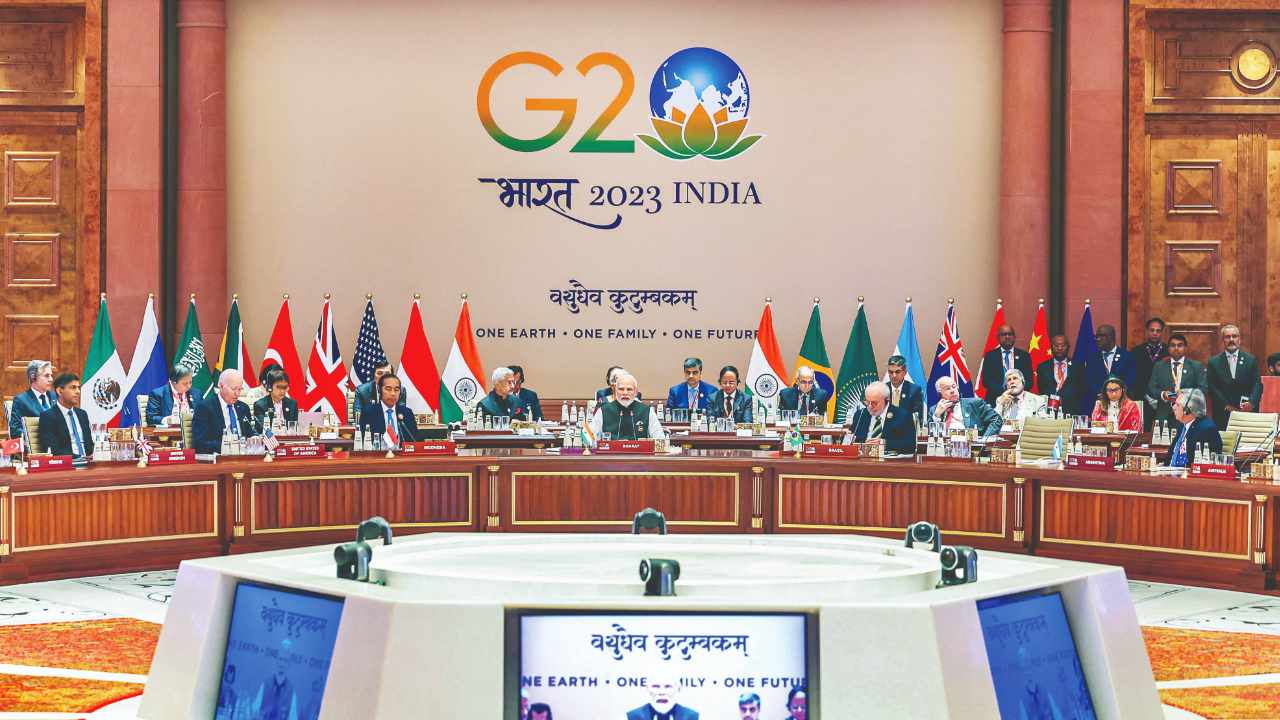As the global climate crisis intensifies, G20 nations are facing mounting pressure to significantly increase their climate finance commitments to developing countries. With many of these nations grappling with the dire consequences of climate change—such as extreme weather events, rising sea levels, and food insecurity—the need for financial support to enhance resilience and facilitate sustainable development has never been more urgent.
The Current Landscape of Climate Finance
Despite previous pledges made at international climate conferences, funding for developing countries remains insufficient. According to recent reports, the annual climate finance provided by developed nations is falling short of the $100 billion target established in the Paris Agreement. This gap in financing hampers efforts to mitigate the impacts of climate change and adapt to its inevitable consequences.
Developing countries require substantial investment to transition to low-carbon economies, protect vulnerable populations, and strengthen infrastructure against climate-related risks. The G20, representing the world’s largest economies, holds a critical responsibility in mobilizing the resources necessary to address these challenges.
Calls for Action Ahead of Upcoming Meetings
With key international climate negotiations on the horizon, including the upcoming COP29, advocates are urging G20 leaders to take decisive action. Here are some key areas of focus:
- Increased Financial Commitments: G20 nations are being called to not only meet but exceed existing climate finance commitments. A clear and actionable roadmap is needed to allocate funds to developing countries, enabling them to implement climate adaptation and mitigation projects.
- Support for Climate Resilience Projects: Investments must prioritize projects that enhance the resilience of vulnerable communities. This includes funding for disaster risk reduction, sustainable agriculture practices, and infrastructure improvements that can withstand climate impacts.
- Encouraging Private Sector Participation: Engaging the private sector in climate finance is crucial for scaling up investments. G20 nations can foster an environment that encourages private investments in climate-resilient projects through incentives, risk-sharing mechanisms, and robust regulatory frameworks.
- Innovative Financing Solutions: The G20 is urged to explore innovative financing mechanisms, such as green bonds and climate risk insurance, to unlock additional resources. By diversifying funding sources, countries can better address the financing gap.

The Role of Multilateral Institutions
Multilateral development banks (MDBs) play a vital role in facilitating climate finance. G20 nations must support MDBs in mobilizing capital and providing technical assistance to developing countries. Strengthening these institutions can enhance their capacity to deliver effective climate finance solutions and ensure funds are utilized efficiently.
Conclusion: A Collective Responsibility for Climate Action
As the world faces an unprecedented climate crisis, the responsibility falls on G20 nations to rise to the occasion. Increasing climate finance for developing countries is not merely a moral obligation; it is a strategic imperative for achieving global climate goals.
By committing to robust financial support and fostering collaboration among nations, the G20 can lead the way in empowering developing countries to combat climate change and build sustainable futures. The time for action is now, and the eyes of the world are watching as G20 leaders prepare to make critical decisions that will shape the trajectory of global climate action for years to come.




